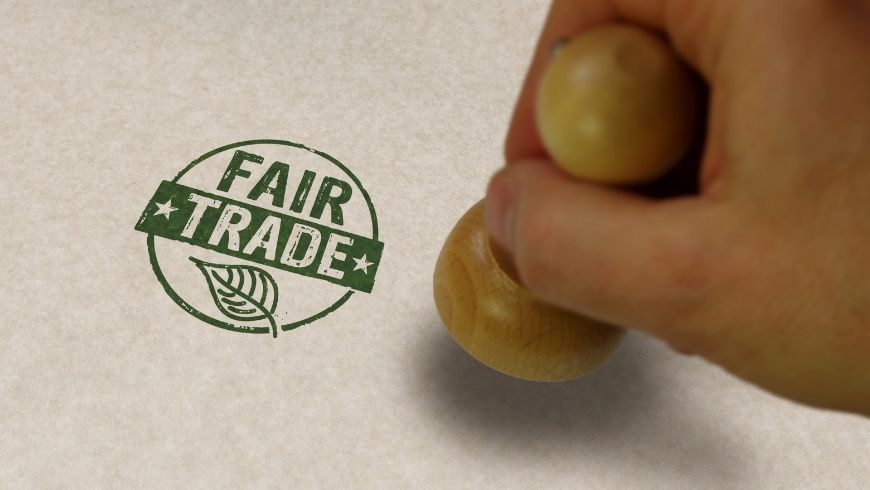The sustainability of your business is more important than ever before. You want to be sustainable to protect the planet, and customers want you to be sustainable so they can buy in confidence. So, being sustainable ensures that you reduce your impact, and helps you increase sales. Here are some ways you can increase your business’ sustainability, easily.
1. Encourage Working From Home

Recent times have seen a record number of people working from home, with a huge reduction in emissions as a result. In 2014 the Carbon Trust suggested that working from home can save more than three million tonnes of carbon a year. After all, there’s less cars on the road commuting, less waste being created in offices, and less electricity being used too.
If you can, encourage staff to work from home. Many will be happy with the chance to work from as and when needed, and you’ll make savings as a result.
2. Try To Reach Zero Waste

Is it possible for your office not to send any waste to landfill at all? It is if you plan for it, and make some changes. This doesn’t mean you can’t make any waste at all, but you’ll want to think about how you handle that waste.
For example, instead of using plastic cutlery in your office, you can use bamboo, which can be composted or recycled. You can also give out reusable water bottles in the office instead of plastic cups, and use any non confidential paper waste as packaging when shredded. It takes some creative thinking, but you can go zero waste to landfill.
3. Go Second Hand For Furniture

There are always offices looking to sell off older furniture, so take a look around. It’ll still be in good condition, and you’ll know that you’ve furnished your office sustainably.
4. Go Digital With Documents

Many companies are already looking to reduce the amount they print, as this allows them to reduce paper waste in the office. Luckily, it’s easier to do this than ever before. There are lots of print and scan solutions, where you can scan documents and store them digitally.
You can also use digital cloud based services, such as Google Drive, to help store and work on documents. These allow for several people to work on documents together, and places everything you need in one easy to access area. Plus, if you have staff working from home then they can access everything they need in the same cloud too.
5. Source Ethical Materials

One way you business can be sustainable is by sourcing ethical materials for your products. When looking for materials, look for fair trade suppliers, that pay their own employees fair living wages. Also, look for recyclable, biodegradable or renewable materials. You’ll also want to check that are materials are made sustainably, for example reducing the water needed to make the material.
If you can source more ethical materials, that in turn will make your own materials more sustainable and more appealing to your customers.
6. Use Sustainable Delivery Methods

The way you ship your products has an effect on the environment, so you want to find one that’s as green as possible. There are a few ways you can make your shipping more sustainable.
For example, find the smallest box possible for the item being shipped. This takes up less space and so will result in fewer trips and emissions. You can also offer bulk shipping, so you can consolidate orders and only send out one box if someone makes multiple orders.
These are just a few ways you can reduce your impact on the planet when you’re running your business. Making it more sustainable reduces costs, improves your business’s reputation, and of course will help it protect the environment. Try these tips out to start reaping the rewards now.
Cover image: photo via Canva Pro





